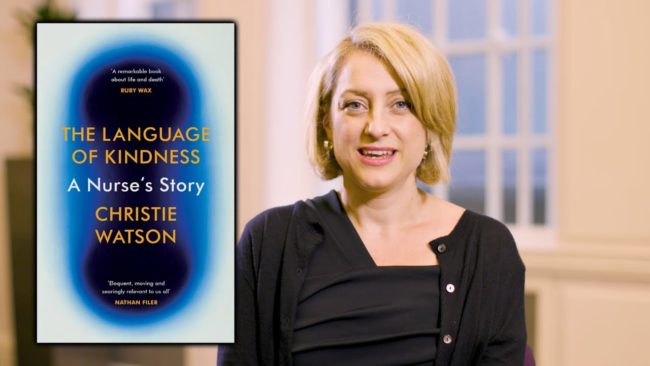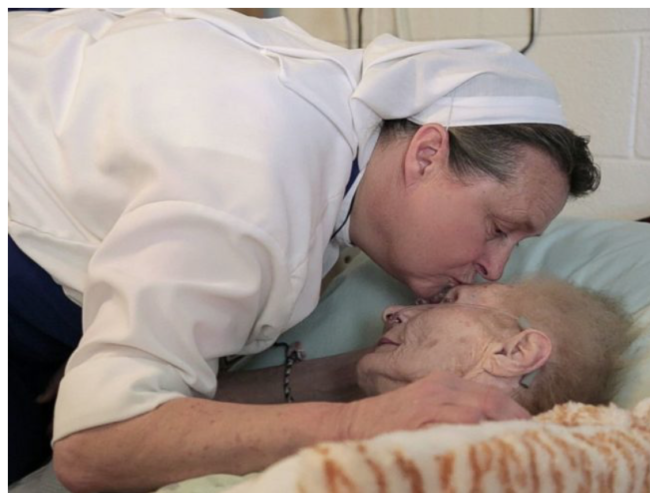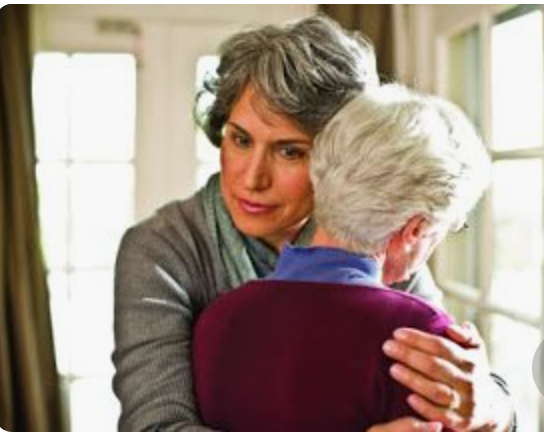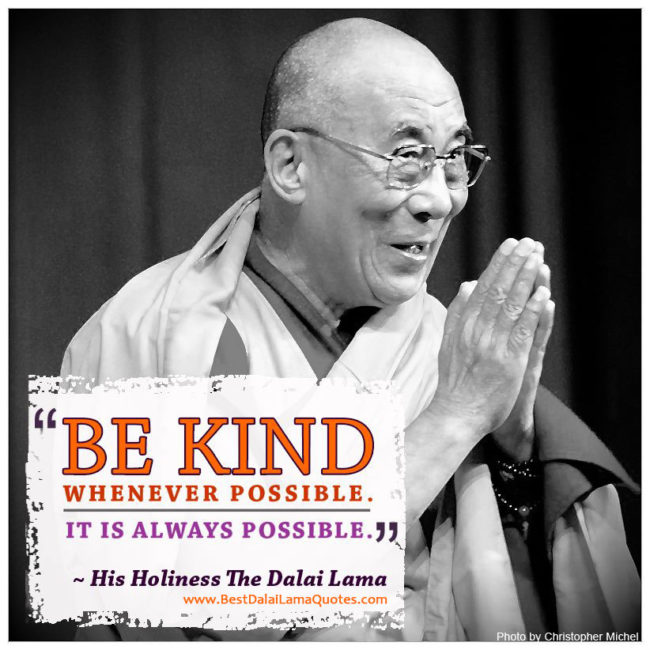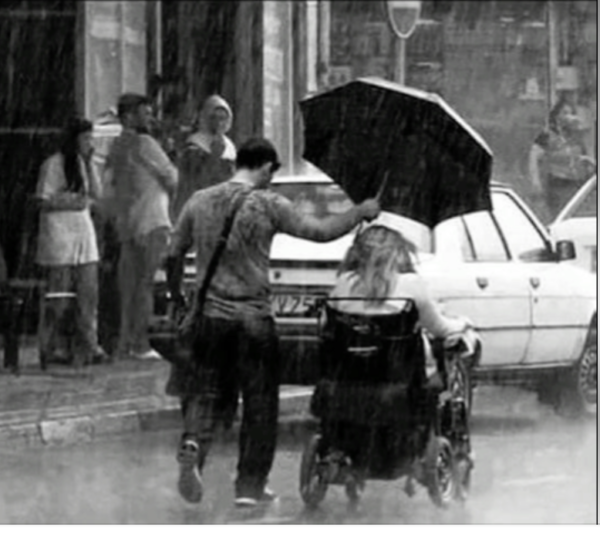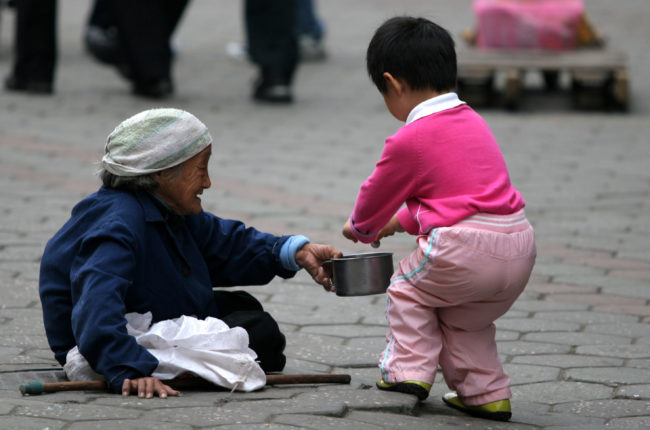This holiday season where good will seems in short supply, we owe it to our loved ones and our communities to be agents of kindness. A wonderful guide for the practice of kindness is the book The Language of Kindness by Christie Watson.
In the holiday rush your reading time is probably at a premium, so allow me to acquaint you with Watson’s book, a stunning memoir of her 20 years as a nurse in London hospitals.
As a student nurse Watson had her share of stumbles: gagging while cleaning up blood and feces; breaking a needle in a patient’s leg; dropping a patient—the leading cause of injuries for nurses is back pain due to all the heavy lifting of patients. Watson’s supervising nurses patiently took her mistakes in stride, helping her to rectify her mistakes, while reassuring an unsure Watson, “You’ll make a great nurse.”
Over time Watson discovered that while nurses have to be medically proficient, the key to good nursing is kindness.
From older, experienced nurses Watson learned how to hone her sixth sense, knowing when a patient needed her to stop doing what she was doing, pull up a chair to the bedside, hold a hand, or comb a patient’s hair.
The book contains a very moving account where Watson prepares the body of a child whose severe burns from a fire caused her to die in hospital. Watson wanted the family to see their daughter in the best possible light so she washed the little girl’s hair to remove the strong smoky smell, cleaned her arms and legs and brushed her teeth before the family was admitted to say their farewells.
This powerful memoir speeds along. I kept turning the pages to learn if a child would survive his emergency surgery or whether the premature baby would live. The outcomes often disappoint Watson, but she learns that kindness can help to turn the tide.
I wondered, “Is there a language of kindness for all of us?” The Dali Lama has said that his religion “is the religion of kindness.” He offers this advice to live by: “Practice kindness whenever possible. It is always possible.”
How do we learn to practice kindness or make it conscious?
One way is to adopt the concept of “random acts of kindness.” There is even a related website which offers examples like: “Be a welcoming neighbor; pick up trash from the sidewalks; send a handwritten letter.” I also like simple everyday acts like smiling and offering a greeting to passer-byes; giving your place in line to a frazzled mother or an elder.
Kindness includes kindness to self, particularly when feeling low. Kindness directed to the self might include making a list of your strengths, making a vow to refrain from harsh self-judgments, and spending contemplative time in nature.
While self-care is important Watson reminds us that the greatest rewards come from helping others where in return you receive a smile or a hug and the inner warmth knowing that you’ve made the world a little bit better for someone else.
Watson believes that love is the best antidote to darkness, which feels like the perfect message for the dark times we inhabit. Kindness can take the form of peace and justice work, protesting in the names of those less fortunate, where championing the cause of migrant families becomes a huge act of kindness.
May your holiday celebrations be filled with kindness!
